June 13th, 2022 | 5 min read

Every year the ecommerce space is getting faster, smarter, and more automated. With industry leaders like Amazon fulfilling orders overnight, customers’ expectations of online retailers keep raising the bar.
Because the ecommerce landscape is constantly changing, ecommerce retailers must have a dropship automation solution that can keep up.
Whether you’re a Flxpoint user looking to make the switch or an online retailer looking for a new solution, our list of the 5 best Flxpoint alternatives is a great place to start your buying journey.
Price: Plans starting at $299 / month
Duoplane is a dropship automation software for retailers and vendors that allows you to scale your business operation and strengthen essential relationships. They focus on a few very well-built and highly customizable features and are the best option for order routing, inventory syncing, and shipment feeds.
Because they cater to drop shippers, Duoplane focuses on building a few well-built features for their specific needs. With Duoplane, you can completely automate large parts of your backend processes: order management, catalog updates, invoice payments, and more.
Duoplane provides sophisticated, robust software that grows with your dropshipping business. They equally cater to small vendors and those with more advanced technical and integration needs. With that said, Duoplane offers an approachable price point, and users are only required to move up tiers if they have more orders. In other words, they grow with you, only charging more as your revenue and order volume increases. The best part? Duoplane does not have a limit on connected vendors or ecommerce stores. You are encouraged to connect as many stores and vendors as you need for your monthly fee. This pricing model also encourages adding multiple fulfillment partners to optimize dropship operations.
Duoplane makes setup easy with a drag-and-drop interface that allows you to create custom data fields for your vendors. Though the estimated setup time is 1 week, the process can take as little as one day as long as all your vendors are ready. This makes it the quickest setup compared to other systems on the market.
If you want to learn more about Duoplane, check out this quick intro video.
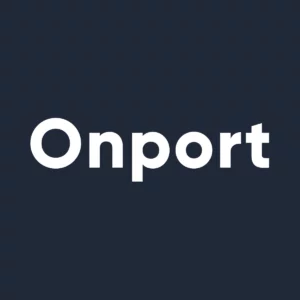
Price: Plans starting from $1000 / month
Onport is a cloud-based system that can manage a retailer’s inventory and operations. Onport caters to start-ups and large businesses; however, their starting price point is not accessible to many retailers starting out in the ecommerce space.
Like other more extensive systems, Onport’s setup period can be time-consuming depending on the size of your business, number of vendors, and number of orders. Their plans come with basic support; however, professional support is available at $800 / month. This professional support option includes <24h response times from Monday to Friday and a dedicated success manager.
Onport’s pricing tiers are based on the number of orders and SKUs imported into Onport per month. Their most inexpensive option costs $1000 / month and permits 10,000 SKUs. As your business grows, you must update your monthly plan accordingly.
Duoplane can automate sending POs, inventory syncing, & shipment feeds. Get in touch with us to start your free trial!
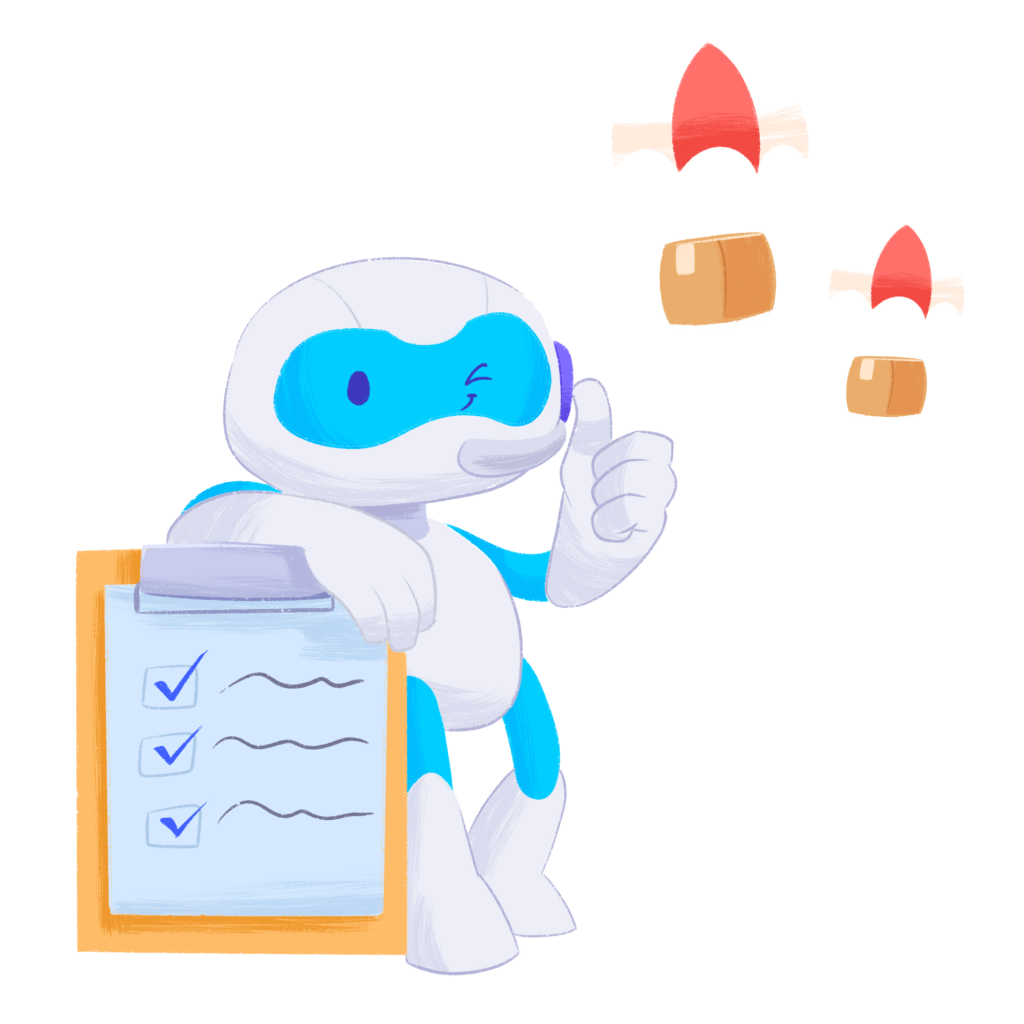

Price: Plans start at $249 / month
Spark Shipping helps small and medium-sized ecommerce merchants manage orders, product listings, vendors, payments, suppliers, inventories, and more.
Spark Shipping’s EDI and API setups take about 2-3 weeks, and a CSV or XML upload takes 3-5 days under their self-setup model. If you would rather Spark Shipping handle the vendor setup process, they charge $99 / vendor for a CSV or XML setup or $999 / vendor for an ADI or EDI setup.
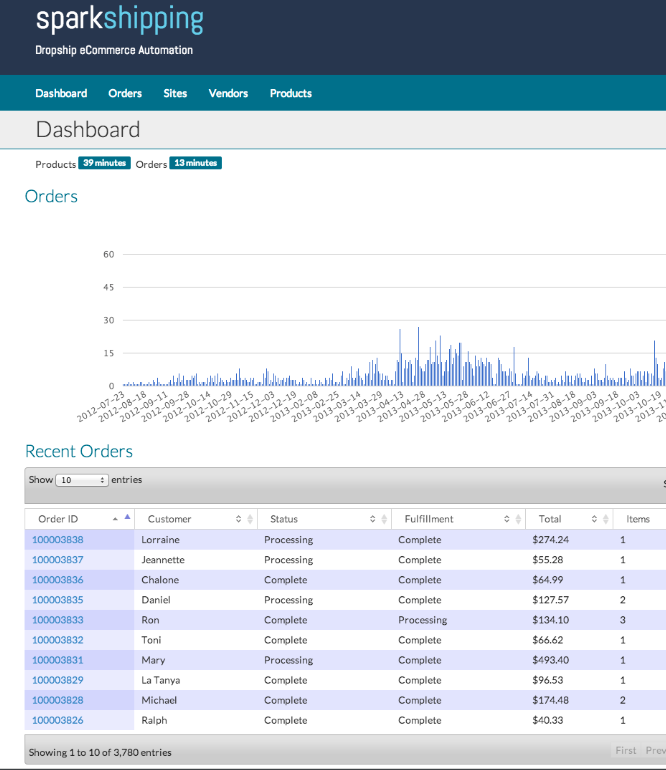
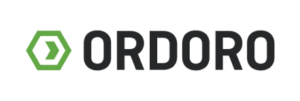
Price: Ordoro offers a free plan, and their first paid plan starts at $59 / month.
Ordoro is an all-in-one order management platform for ecommerce sellers to manage their inventory and order fulfillment. They cater to small and medium-sized businesses on a budget that ship out their own products.
While Ordoro offers a basic plan for only $59 a month, the features are unsuitable for most businesses. Businesses with over 1,000 monthly orders must use their “Pro” plan starting at $499 / month.
Unlike the other systems on this list, Ordoro is a more general order management system that does not uniquely cater to drop shippers. Because of this, they do not provide fully automated solutions.
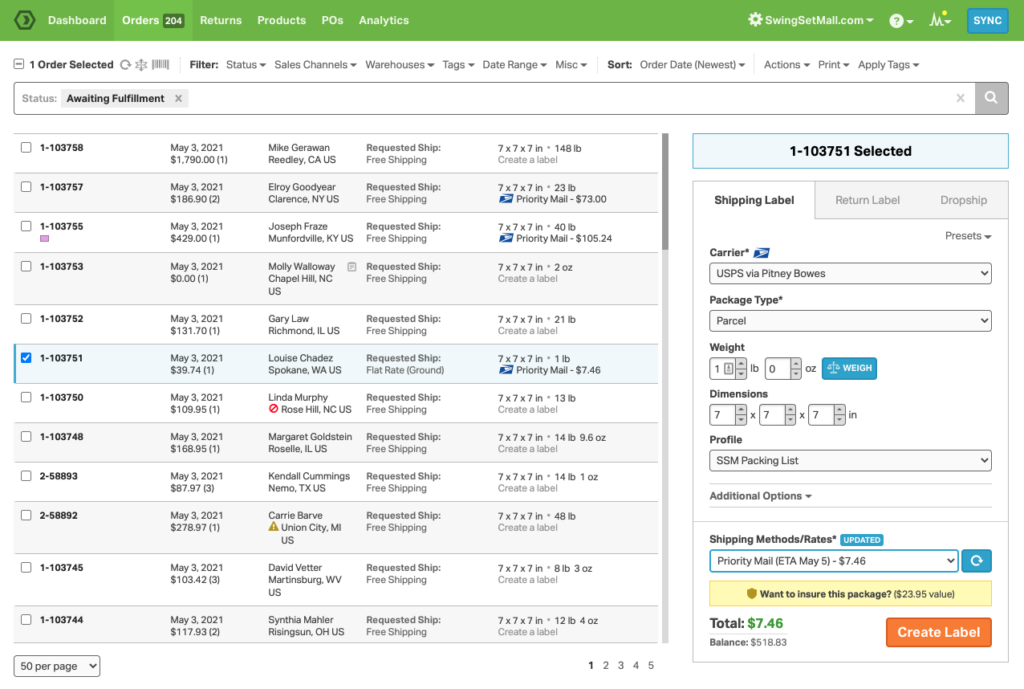
We’ve been the industry-leading solution to automate dropshipping operations for over 12 years. Check out our reviews page to learn why our clients love us.


Price: Starting at $10,000 / month
Logicbroker is an industry-leading supply chain automation platform for enterprise-level businesses only.
Like the other solutions mentioned, Logicbroker has monitoring, reporting, and exception management tools to streamline dropship operations and connect retailers and vendors. Logicbroker, however, is an enterprise solution that uniquely caters to large-scale ecommerce businesses, making these capabilities exponentially more expensive.
With the much larger price tag, some considerations should be made before making the leap. Logicbroker’s cross-reference (Shipment Options) mapping has limited capabilities; they use one mapping table for all their clients. Additionally, they do not pull data from Google or Facebook for their reporting. Instead, there is an in-house reporting system clients are required to learn.
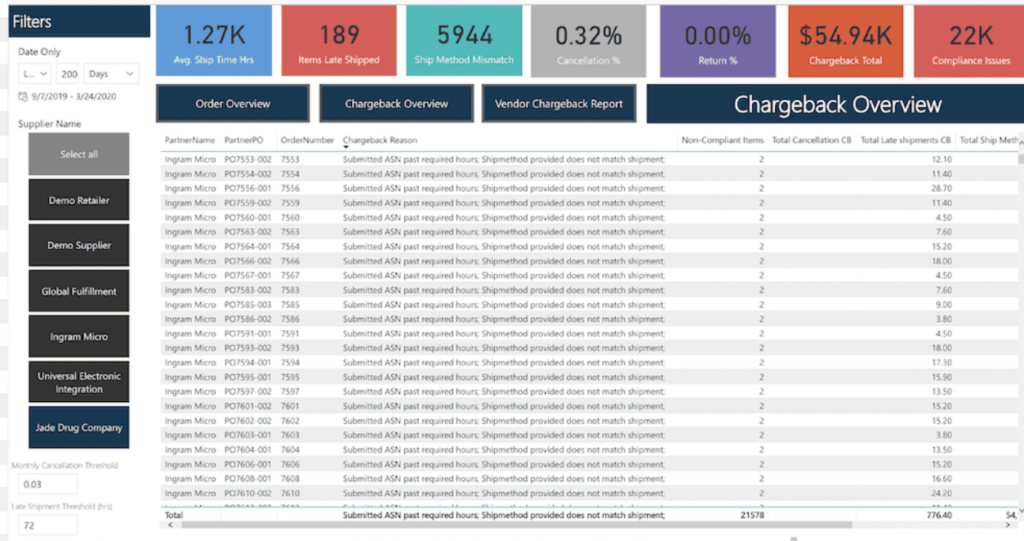
Depending on the size of your business, your short-term and long-term goals, what you expect from your dropship software, and your budget, the “right” choice for your ecommerce store will vary.
Overall, we suggest making a comprehensive comparison between systems before making the leap and asking yourself and your team some essential questions:
1) What features do we genuinely need? Can we accomplish what we want to with a few well-built features? Or do we need all of the bells and whistles?
2) What system’s pricing best suits our current order volume, revenue, and number of vendors? As our business grows, will the system be able to scale with us?
3) Is the price we will be paying worth the features, setup experience, customer service, and support we will be given?
This post was last updated on Aug 17, 2023.
Here are three compelling reasons:
Competitive Pricing: Duoplane offers a flexible pricing model catering for small to medium-sized businesses, all the way to enterprise plans. As your business grows, Duoplane is there to support you, providing a cost-effective solution at every stage.
Reliability & Focus: Duoplane maintains a selective range of features, emphasizing quality over quantity. This deliberate approach ensures each feature is fine-tuned to perfection. With over 12 years as an industry-leading solution, you can be confident in their longevity and consistent delivery.
Exceptional Customer Support: Every Duoplane team member is based in North America, guaranteeing prompt and effective support. More than just a platform, Duoplane has a customer-centric ethos that truly prioritizes and values your needs.
For startups, particularly those in the dropshipping domain, cost-effectiveness is paramount. Onport’s starting price point is $1000/month, a significant expense for many budding businesses. It would be beneficial for newcomers to initially manage and forward orders manually. This hands-on approach not only offers cost savings but also provides invaluable learning experiences in the early stages when order volume is typically lower.
As the business scales and order volume increases, it’s worth evaluating other solutions tailored to your evolving needs. Onport’s $1000/month price point is likely most appropriate for businesses operating at the 7-figure level
While Sparkshipping and Duoplane have similar price points, it’s essential to delve deeper into what each plan offers and examine user reviews.
At $299/month, Duoplane allows unlimited vendor and store integrations. Contrastingly, Sparkshipping’s $249/month plan limits you to just one store integration and three vendor integrations. One of Duoplane’s unique strengths lies in its multi-supplier order routing. By encouraging businesses to onboard multiple vendors for individual products, it offers an opportunity to optimize order routing, ultimately reducing the cost per order and increasing profit. For serious dropshipping e-commerce brands, the ability to expand your vendor base and product line without exorbitant fees is crucial, making Duoplane the more attractive choice in this regard.
Customer reviews often provide the clearest insight into an app’s real-world performance. You can view Duoplane’s Shopify reviews here and Sparkshipping’s Shopify Reviews here. Once again, Duoplane far exceeding Sparkshipping in comparison with 30 reviews averaging 5 stars, while Sparkshipping with 12 reviews averaging 3.6 stars.
Duoplane is a dropshipping automation software built by dropshippers, for dropshippers. We’re here to help you streamline your ecommerce retail fulfillment operations and automate order routing, inventory syncing, shipment feeds, and more.
Don’t just take our word for it – check out our reviews and case studies to learn why we’ve been the industry-leading solution for over 12 years, assisting over 300 retailers in onboarding over 2000 vendors and 3PL warehouses.
Experience the best dropshipping automation software risk-free with our 14-day free trial. Our dedicated onboarding specialists will guide you through the setup process, ensuring you’re ready to hit the ground running.
IF YOU DROP SHIP,
THEN YOU’LL LOVE DUOPLANE.
Duoplane intelligently and automatically routes orders to the right vendor or warehouse.
Keep everyone on the same page and save time by allowing vendors to manage their orders.
Automate vendor inventory feeds to keep your product catalog accurate.
Stay on top of your books by connecting with your accounting system to sync vendor invoices.
Streamline your operations and centralize orders from all of your e-commerce channels
Manage the full order cycle, including changes, shipments, returns, and order exceptions.
Duoplane connects to your existing systems to minimize manual effort by you or your team.
Provide feedback to vendors using actionable performance metrics.
Curious what Duoplane can do? See for yourself with a free trial.
Get in touch with us today!